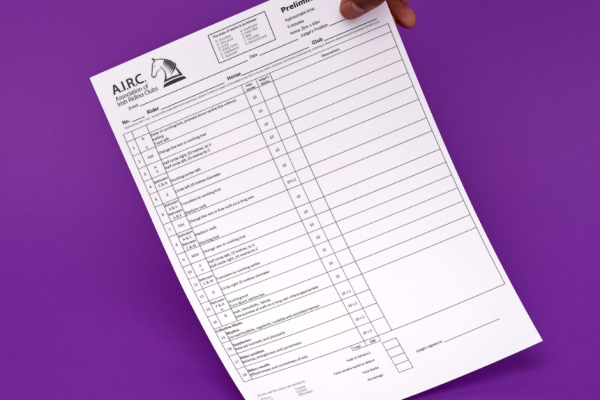Representatives from Horse Sport Ireland, the Department of Agriculture, Food and the Marine, the FEI IRL National Head Veterinarian and representatives from the Irish Equine Centre met last night to discuss and agree a risk management EHV-1 Protocol for FEI athletes and horses returning from the Iberian peninsula, the centre of the EHV-1 outbreak.
This EHV-1 Protocol will also apply to all FEI horses returning to Ireland from France, Spain, Portugal, Belgium, Italy, Austria, Poland, Netherlands, Germany and Slovakia and will be effective immediately. IRL athletes based on the continent will have to contact their local veterinary authority of the relevant competent authority before they depart the show venue.
It is important to note that FEI horses will only be permitted to leave such FEI venues when they are in possession of an official health certificate from the local Veterinary Authorities. Each venue will have stringent biosecurity EHV-1 Protocols in place and additional FEI Veterinary Delegates onsite. These movements will be notified via the EU Trade Control and Expert System (TRACES), which will allow entry via Irish ports.
It should be EHV-1 is not a Notifiable Disease in the context of the Notification and Control of Diseases Affecting Terrestrial Animals Regulations 2016.
Horse Sport Ireland, with support from the Department of Agriculture, Food and the Marine and the IEC has moved quickly to devise a specific EHV-1 Protocol for returning FEI horses. This EHV-1 Protocol is consistent with our GBR counterparts.
The specifics of this EHV-1 Protocol were advised upon by Prof. Anne Cullinane, Head of Virology in the Irish Equine Centre. This EHV-1 Protocol includes strict isolation quarantine for horses, grooms and athletes, together with interval nasopharyngeal swabs which must be analysed by PCR testing, during the 14-day window. The EHV-1 Protocol will provide for a step-by-step guidance in dealing with the matter.
Horse Sport Ireland are in contact with the IRL based athletes who are due to return in the coming days from the Iberian Coast and the Continent advising them of the seriousness of the matter, the valid concerns of the sport horse industry, and the duty and responsibility of each returning athlete/owner to ensure rigorous compliance with the EHV-1 Protocol. It should be noted that a significant number of the IRL athletes who are in Vejer de La Frontera will remain and continue to campaign for the remaining tours. Horse Sport Ireland will have adequate time to work through each athletes return timeframe and application of the EHV-1 Protocol.
Horse Sport Ireland will move to publish the EHV-1 Protocol shortly for all stakeholders involved in the movement of horses, to and from Ireland. This disease is not restricted to FEI horses and given the aggressive nature of the strain could be transmitted in any shipping context since the notification of the outbreak by the FEI.
Furthermore, sanctions arising from non-compliance have been extensively detailed to the parties. All of the returning FEI horses and athletes will be blocked on relevant affiliate entry systems, for national competitions and authorised training events, inclusive of any horses based in that athlete/owners yard. In respect of COVID 19, all athletes and support personnel returning will have to ensure a pre-departure COVID-19 RT-PCR test is carried out no more than 72 hours prior to arrival in Ireland, combined with a 14-day quarantine period must be undertaken, subject to a negative RT-PCR test no less than 5 days after arrival.
Therefore, the message is abundantly clear, both from a significant equine welfare concern returning athletes/owners/support personnel must cooperate with the EHV-1 Protocol and follow all veterinary guidance. Both Horse Sport Ireland and the Department of Agriculture, Food and the Marine will monitor the situation closely, seeking disclosure of EHV-1 PCR testing, appointment of a designated HSI veterinarian to manage the compliance of the EHV-1 Protocol and veterinary clearance in advance of resumption of competition and mixing with the wider sport horse population.
With regard to IRL athletes who are compounded in Valencia (ESP) at present, Horse Sport Ireland are in constant contact with the affected parties and seeking to ensure all supports are available. The situation in Valencia is very difficult at present and Horse Sport Ireland understands the gravity of the situation and have sought specific assistance from the FEI, the European Equestrian Federation and the International Jumpers Club.
Horse Sport Ireland are advocating for a strong international mobilised response to this outbreak for the protection of the sport, and the indigenous sport horses industries within each European member state.




